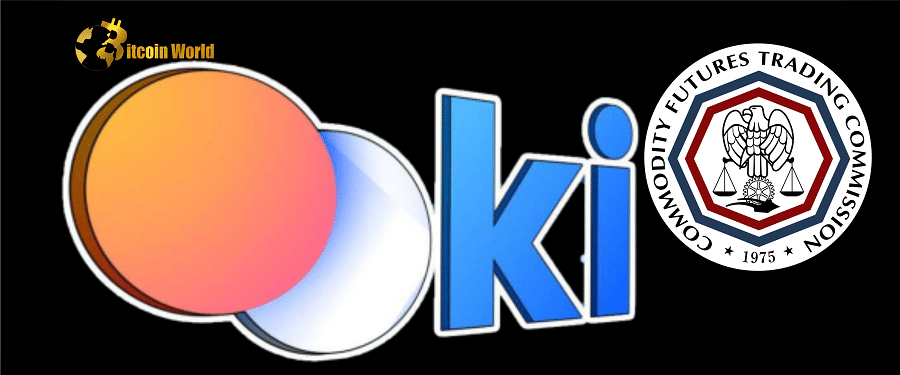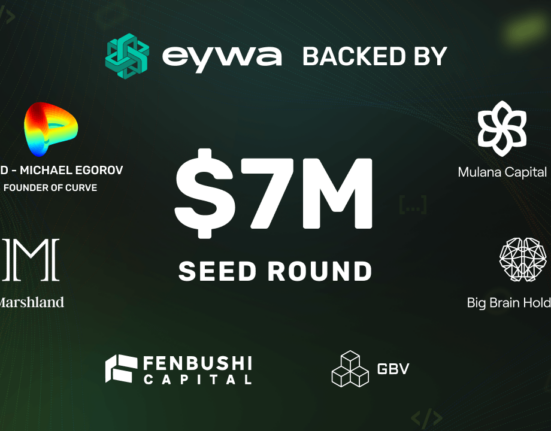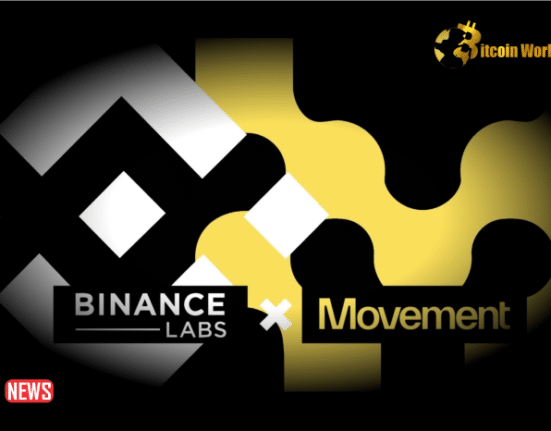How does one go about suing a DAO? The question is central to the Commodity Futures Trading Commission’s case against Ooki DAO, a decentralized autonomous organization that the agency accuses of feigning decentralization in order to facilitate traditional commodities violations.
The CFTC controversially distributed legal services to DAO users via the DAO’s chat box. Most legal proceedings require physical, in-person delivery, but the CFTC convinced the court to grant a special exemption in October, just as the case was getting underway. DeFi supporters reacted angrily.
A San Francisco court heard virtual arguments about the mechanism of service on Wednesday night. The lawyers arguing with the CFTC were not those of Ooki DAO.
Ooki DAO has not yet responded to the suit in a cohesive manner, such as by hiring an attorney to represent it in the case. Tom Bean and Kyle Kistner, the architects, did. The CFTC reached an agreement with them in September.
Instead, four outside crypto firms and allies a16z, LeXpunK, Paradigm, and the DeFi Education Fund hired attorneys to challenge the CFTC’s methods. The four had filed amici curiae briefs in the case, which was heard in the United States District Court for the Northern District of California.
“We have really cool technology,” said Stephen Palley, a member of LeXpunK’s representative council. “However, you must accept the concept of due process.”
Ooki’s former supporters did not deny that the platform was used to facilitate illegal trading. Instead, they contended that the service mechanism was designed to target anyone who had ever used the platform.
“Because the stakes are so high and the case is so novel which I think we’ve all recognized here we believe it’s all the more important that the government be required to turn square corners on service here,” said James McDonald, representing advocacy group the DeFi Education Fund.
For his part, Judge William Orrick would not allow Ooki DAO’s decentralization to exempt it from legal service – a hot topic in other ongoing lawsuits. “It appears to me that the CFTC is suing an entity, not a technology,” Orrick continued, adding, “It appears to me that the Ooki DAO is an unincorporated association under California law.”
Representatives of the CFTC argued that they did not need to prove that each member of the association served was criminally liable in order to serve them collectively. “As long as we can demonstrate that the association exists, that’s enough to trigger the service provisions we’ve relied on,” said Anthony Biagioli, a CFTC trial attorney.
Orrick must now decide whether to overturn his previous motion to allow service, as crypto advocates advocate, or to allow the CFTC to proceed. “I’m hoping to get an order out relatively soon,” he concluded.















